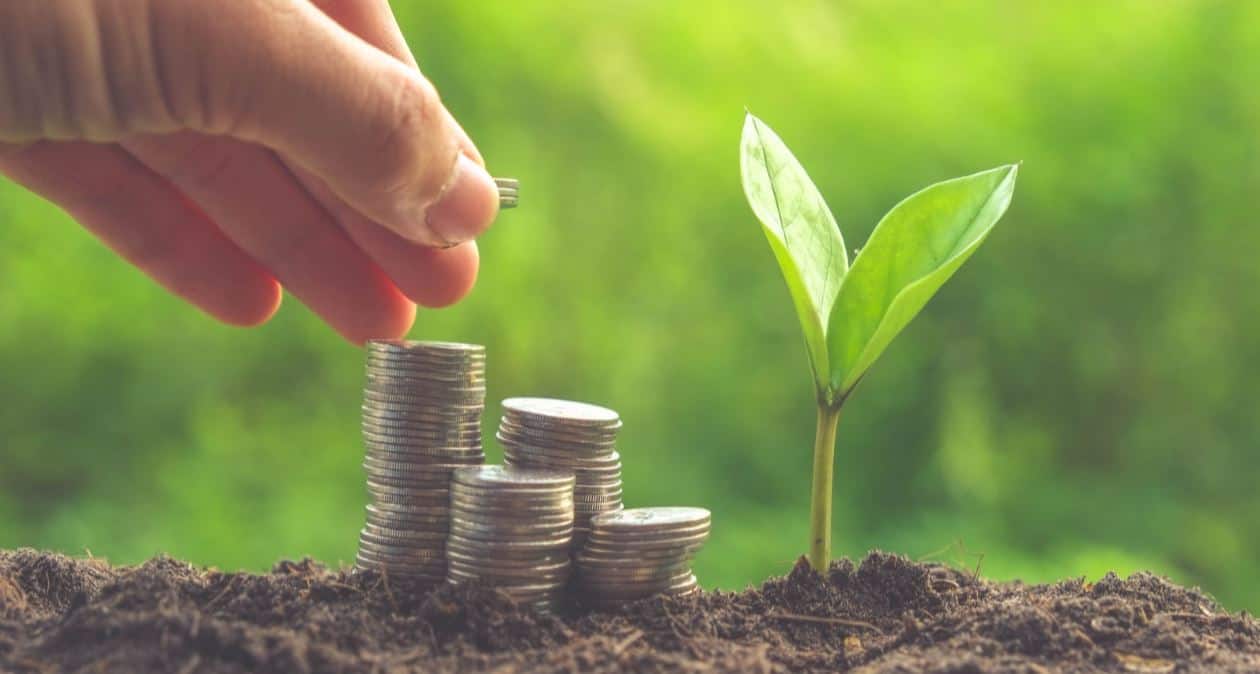Stewardship. How do you be a good steward of what you’re given?
God gives us all different opportunities. It’s our responsibility to optimize those opportunities.
When I was still in college, and when I eventually entered my profession, I wanted to learn how to invest what little resources I had.
I read books on the stock market. I read books on real estate. Real estate made sense to me. The stock market didn’t.
If you’ve been following me, you already know that’s my story. I like to have control over what I do and what I invest. I don’t abdicate control to other people.
But when I was younger, I had more time. I was doing a lot of things myself back then. I would buy property, learning how to buy the right kind of property, and how to manage it.
Every time I acquired a property, I learned how to do it better so I was getting property that had cash flow and upside appreciation potential.
I also had the benefit of amortization of debt, because I was buying everything with debt back in those days. I had to. That's the way you grow your assets faster.
Good debt is an asset, not a liability. Bad debt is a liability. Don't get confused between the two.
So what was I doing that whole time? I was planting seeds.
I planted seeds every year, and you know how the story goes. One day, the little seed grows up to be a mighty oak.
So there’s no get rich scheme here.
And yes, the nice thing about where I am today is that I now know how to speed up the process. I’ve learned how to have my assets working for me.
But it’s how you sow seeds; where you sow seeds; what kind of seeds you plant.
Those things are going to be the basis for obtaining your freedom, your quality of life, and getting to do what you love to do.
If you plant the wrong seeds, or fail to plant seeds at all, you're going to be on a hamster wheel, looking back, wondering how you got there.
That’s where many colleagues I meet today have found themselves. They provided for their current lifestyle income, but they didn’t have what I call a “future bank.”
They didn't sow in a way that would give them a crop that they could draw from.
Perhaps that’s where you are, too. If that’s the case, let me make something crystal clear…
You can always get off the hamster wheel.
I believe that it’s never too late to begin a new journey.
We’ve proven at Freedom Founders that it only takes 5-7 years of following the right blueprint before a mighty oak will be standing where you first planted.
When you have capital assets like real estate or real businesses that are not dependent upon you, they’ll produce for you once they’ve reached a certain stature.
They'll maintain a platform that can hedge against inflation — the loss of the dollar’s purchasing power — which is extremely important as we breach the future.
That's what you need in life. I’ve planted lots of the right seeds, and those seeds have built up over the years, and now they provide for me very well.
It's like having a farm. You reap what you sow. This is what being a good steward is all about.
If you put in the work, you can then reap the harvest.
This is Part 3 in the Breckenridge series. To read Part 1, click here: The Cost of Trading Time for Dollars To read Part 2, click here: The Cost of Inflation
Stay tuned for Part 4, coming July 20th!


